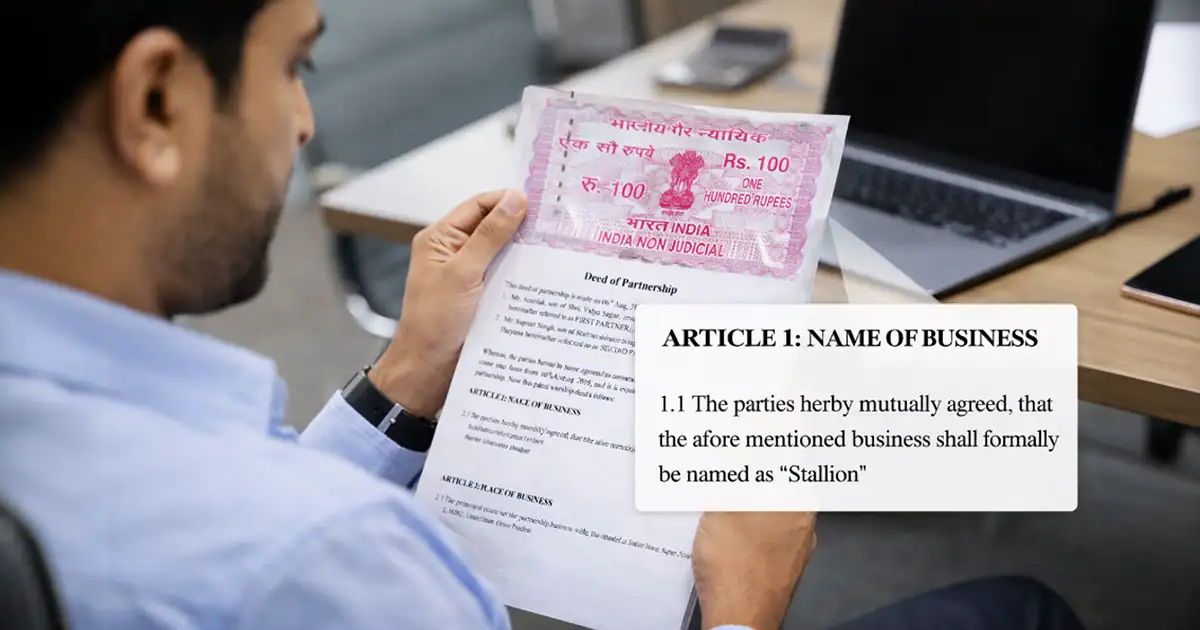ISO 27001 is the global benchmark for an Information Security Management System (ISMS). It offers a structured framework to help organizations identify risks, apply strong security controls, and protect sensitive data from cyber threats. While adoption is voluntary, many Indian businesses pursue it to align with the Digital Personal Data Protection (DPDP) Act, 2023 (India’s data protection law), and meet international standards such as GDPR.
Achieving this certification proves your commitment to protecting the confidentiality, integrity, and availability of information. This ISO Certification is ideal for instilling confidence among clients, regulators, and stakeholders.
In today’s high-risk environment, the stakes are higher than ever. In 2024, the average cost of a data breach in India hit an all-time high of Rs. 19.5 crore—an increase of 39% since 2020 and 9% from the prior year. These soaring figures underscore the urgent need for robust information security systems—and ISO 27001 is your strongest shield.
What is the Purpose of ISO 27001 Certification?
ISO 27001 certification aims to help organizations establish a comprehensive system to manage information security risks effectively and build trust with stakeholders.
- Establish a Systematic Framework: The primary goal is to implement a structured ISMS (Information Security Management System) that consistently protects sensitive data across the organization, ensuring all security practices are standardized and monitored regularly.
- Identify and Mitigate Risks: The certification requires organizations to proactively find vulnerabilities and threats to their information assets and implement appropriate controls to minimize these risks before they cause harm.
- Ensure Data Confidentiality: It safeguards sensitive information from unauthorized access or disclosure, protecting customer details, employee records, and business secrets from potential breaches.
- Maintain Data Integrity: The certification guarantees that information remains accurate, complete, and unaltered during storage, processing, and transmission, preventing errors or tampering.
- Guarantee Data Availability: This principle ensures that critical data and systems are accessible to authorized users when needed, minimizing downtime and maintaining smooth business operations.
- Support Regulatory Compliance: ISO 27001 helps organizations comply with data protection laws like India’s DPDP Act, 2023, and international standards such as GDPR, which enhances legal compliance and builds stakeholder confidence.











